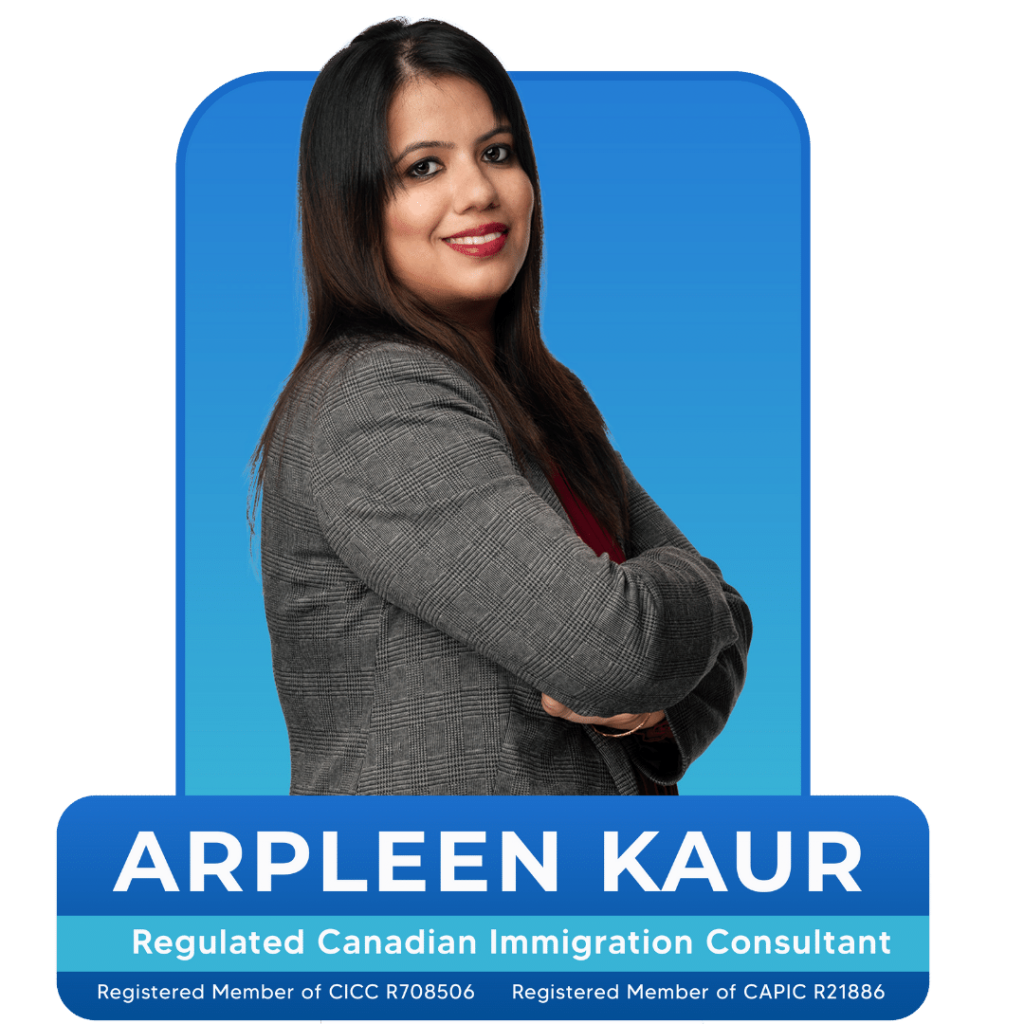Visitor Visa Consultant in Saskatoon
Tourist Visa
Foreign nationals living in certain countries require a visa to enter Canada for a specified period. The visitor class is the most straightforward of the temporary resident classes. It includes travelers, tourists, vacationers, and people who are visiting friends and family for a brief period. There are four types of temporary resident visa:
Single Entry Visa: – Granted for only up to 6 months
Multiple Entry Visa: – granted for up to 10 years which allows the visitor to stay for a maximum period of 6 months.
Transit Visa: required for traveling through Canada to another country by anyone. Foreign nationals are required to show travel tickets. Can stay for a maximum period of up to 48 hours (about 2 days) g

Super Visa: only for parents and grandparents of a Canadian citizen or a permanent resident are eligible, granted for up to 10 years which allows the visitors to stay for up to a maximum of 2 years.
Eligibility
You must meet some basic requirements to get a visitor visa. You must:
- have a valid travel document, like a passport.
- be in good health
- have no criminal or immigration-related convictions
- convince an immigration officer that you have ties—such as a job, home, financial assets or family—that will take you back to your home country
- convince an immigration officer that you will leave Canada at the end of your visit
- have enough money for your stay
- The amount of money you will need depends on how long you will stay and if you will stay in a hotel, or with friends or relatives.
You might also need a medical exam and letter of invitation from someone who lives in Saskatoon, Saskatchewan, Canada.
Super Visa
The parents/ grandparents super visa was added to replace the lengthy sponsorship process for permanent residency so that family members may be reunited more quickly. With a super visa, a foreign national is allowed to stay up to 2 years. At a time, without the need to renew their visa and may re-enter as many times as they wish over a 10-year period.
Eligibility:
- Be a parent/grandparent of the Canadian citizen or Permanent residence
- Have a signed sponsorship letter from your children/grandchildren that includes.

- A written commitment of financial support including a letter of invitation that sets out the living arrangements, care, and support for the duration of the parents/grandparents stay in Canada.
- The child/grandchild must meet the minimum threshold of low income cut off.
- Have medical insurance from a Canadian company that is:
- Valid for at least 1 year from the date of entry
- At least $ 10,000 coverage
- proof of parent/grandparent relationship to the Canadian citizen or permanent resident
Business Visa
A foreign national who seeks admission to Canada to engage in international business activities and whose primary source of remuneration remains outside Canada.



"Paving your Path to Success"
- Expert Consultation
- Advice that Matters
- Quick Time Response
- Affordable
Frequently Asked Questions
A visitor visa for Canada is an official document that allows a foreign national to enter Canada temporarily for the purpose of tourism, visiting family or friends, conducting business activities, or attending a conference or cultural event. It is also commonly known as a tourist visa, temporary resident visa, or TRV.
Visitor visas are typically valid for up to six months, but can be extended in certain circumstances. They may also include multiple entry or single entry options, depending on the individual’s travel plans.
To apply for a visitor visa, individuals must meet certain eligibility criteria, including having a valid passport, being in good health, having no criminal history, and providing proof of sufficient funds to support their stay in Canada. They may also be required to undergo a medical examination or provide additional documentation depending on their country of origin.
No. A visitor visa does not allow an individual to work or study in Canada. If someone wants to work or study in Canada, they must apply for the appropriate permits separately.
No, you cannot study in Canada with a visitor visa.
If you want to study in Canada, you must obtain a study permit. To be eligible for a study permit, you must have been accepted into a designated learning institution in Canada, prove that you have enough money to pay for your tuition and living expenses, and satisfy certain other requirements, such as passing a medical exam if necessary.
In addition, if you are studying in a program that is less than six months in duration, you may be able to study in Canada without a study permit. However, you should still check the requirements to ensure that you are complying with Canadian immigration regulations.
The processing time for a visitor visa for Canada can vary depending on a variety of factors, such as the volume of applications being processed at the time of submission, the completeness of the application, and the applicant’s country of origin.
Generally, the processing time for a visitor visa can take anywhere from a few weeks to a few months. Some applications may be processed more quickly, while others may take longer if additional documentation or information is required.
The cost of applying for a visitor visa for Canada can vary depending on a few factors, such as whether the application is for a single entry or multiple entries, and whether it is for an individual or a group/family.
As of 2023, the basic fee for a visitor visa application is CAD $100 for a single entry visa, CAD $500 for a multiple entry visa, and CAD $255 for a group of performing artists and their staff. However, additional fees may apply for services such as biometrics and expedited processing.
A medical exam is generally not required for a visitor visa to Canada. However, in some cases, a medical exam may be necessary depending on the applicant’s country of origin or if the applicant intends to work or study in certain fields while in Canada.
If a medical exam is required, the applicant will be notified by the visa office after their application has been submitted. They will then need to undergo a medical examination by a panel physician approved by Immigration, Refugees and Citizenship Canada (IRCC).
Yes, it is possible to extend a visitor visa while in Canada. If you are in Canada and your visitor visa is still valid, you can apply to extend your stay as a visitor before the expiration date of your current visa.
To be eligible for an extension, you must continue to meet the requirements for a visitor visa and provide a valid reason for why you wish to extend your stay in Canada. You must also apply for an extension before your current visa expires.
You can apply for an extension online or on paper, and the application must include the appropriate fees, supporting documents, and any other required information. It’s important to note that processing times for extension applications can vary and may take several months, so it’s best to apply well in advance of your current visa expiration date.
Yes, you can bring your family with you to Canada on a visitor visa. You will need to apply for a visitor visa for each family member who will be accompanying you, including any dependent children.
To be eligible for a visitor visa, each family member must meet the requirements for a visitor visa, including having a valid passport, being in good health, having enough money to support themselves during their stay in Canada, and not posing a security risk or a risk of overstaying their visa.
In addition, you will need to provide supporting documentation for each family member, such as marriage certificates or birth certificates to prove your relationship, and evidence that you will be able to support their stay in Canada, such as proof of accommodation and financial support.
It’s important to note that each family member must apply for their own visitor visa, and the application fee will apply to each individual application. The processing times for each application may also vary depending on individual circumstances.
Discuss your Immigration requirements today.

